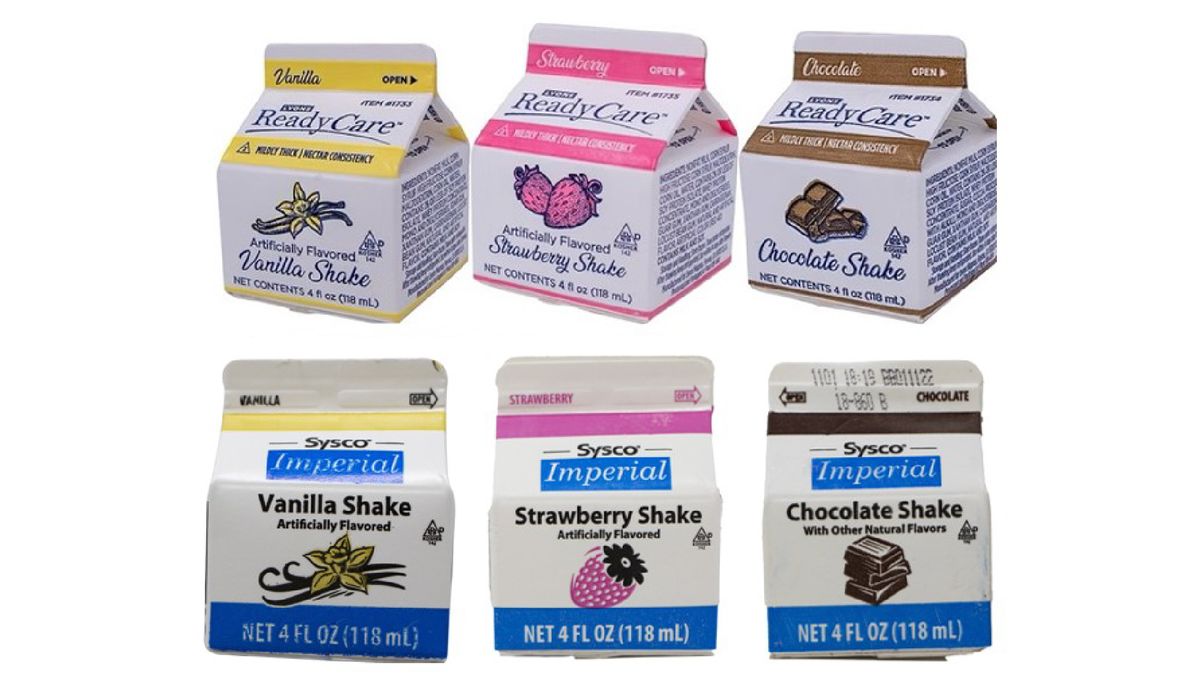An ongoing Listeria outbreak has so far sickened 38 people across 21 U.S. states, and 12 of the affected individuals have died since the start of the outbreak in 2018.
The Food and Drug Administration (FDA) announced the outbreak Friday (Feb. 21), and the following day, the foodservice company Lyons Magnus issued a voluntary recall of two products: four-ounce Lyons ReadyCare and Sysco Imperial Frozen Supplemental Shakes. These frozen shakes were distributed primarily to long-term care facilities, such as nursing homes, and were not available for retail sale, the recall notes.
Listeriosis, the infection caused by the bacteria Listeria monocytogenes, is particularly dangerous for adults over 65 and for people with weakened immune systems. Newborns and pregnant people also face a higher risk of severe infections than the general public. In the current outbreak, the people affected have ranged from 43 to 101 years old.
Listeria infections either affect the intestines, causing symptoms such as diarrhea and vomiting, or can spread beyond the intestines to cause “invasive” disease, which is typically more severe. Invasive infections can cause fever, flu-like symptoms, headache, stiff neck, confusion, loss of balance and seizures. Listeriosis is the third leading cause of death from foodborne illness in the U.S., killing about 260 people a year.
Related: How does E. coli get into food?
The two affected brands of frozen shakes are distributed by Lyons Magnus and are manufactured and supplied by a second company, called Prairie Farms Dairy. Lyons Magnus initiated the recall after becoming aware of potential L. monocytogenes contamination at the Prairie Farms facility in Fort Wayne, Indiana.
As of Feb. 24, federal health officials have connected 38 infections to the outbreak, and 37 cases resulted in hospitalization, according to the Centers for Disease Control and Prevention (CDC). The 12 deaths affected people in California, Illinois, Indiana, Michigan, Minnesota, North Carolina, New York, Tennessee, Texas and Washington.
“The true number of sick people in this outbreak is likely higher than the number reported, and the outbreak may not be limited to the states with known illnesses,” the CDC noted. This is partly because symptoms of Listeria infection may take two weeks to appear, and it then takes additional time to link an illness to an outbreak.
The earliest cases linked to the outbreak took place in August 2018, and the most recent was recorded on January 23, 2025. The CDC had actually looked into this outbreak before, but previously, investigations didn’t reveal a source of the infection.
“CDC investigated this outbreak in 2018, 2021, and 2023,” the CDC statement reads. Evidence at that time suggested that some sort of food served in long-term care facilities and nursing homes was the infection source, “but there was not enough information to identify a specific food.” The case was reopened in October 2024, when six more cases were reported, and finally in February 2025, the outbreak strain was found in samples from Prairie Farms. The recall was initiated shortly afterward.
Facilities that have purchased the recalled shakes should not serve them, the FDA warns. They should carefully clean and sanitize any surfaces or containers that the products touched and follow FDA’s safe handling and cleaning advice to reduce risks of cross-contamination. “Listeria can survive in refrigerated temperatures and can easily spread to other foods and surfaces,” the FDA notes.
Consumers who have any of the recalled products in their possession should quarantine the items, a public relations representative for Lyons Magnus told Live Science. Those with additional questions can visit the Lyons Magnus website or send an email to [email protected]. The lot numbers of the affected products can be found on the FDA website.
“Lyons Magnus’ utmost concern is protecting consumers,” the company’s recall states.
The company also recalled a number of products in 2022 — including Organic Valley and Oatly brand beverages — due to potential contamination with the microbes Cronobacter sakazakii and Clostridium botulinum. At that time, the company received a warning letter from the FDA after the federal agency inspected the Wisconsin facilities where those products had been produced.
This article is for informational purposes only and is not meant to offer medical advice.














